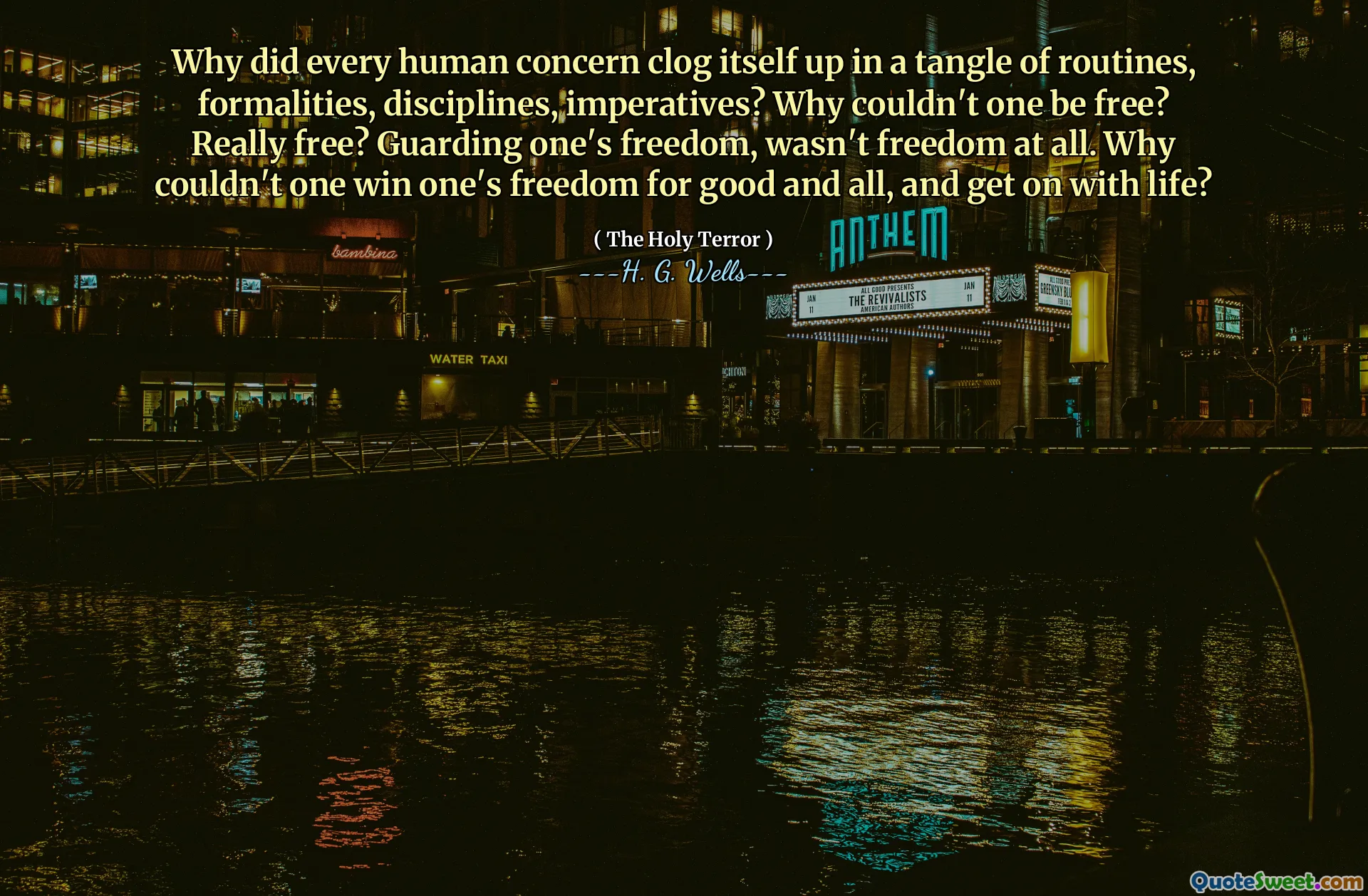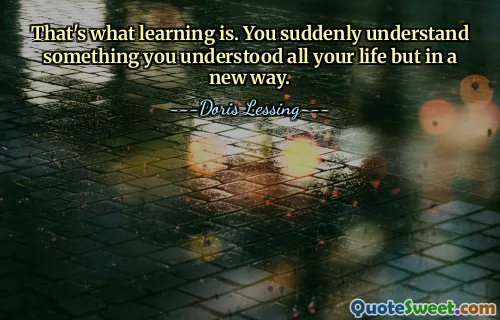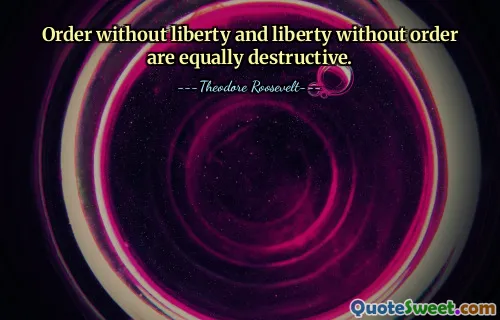
Why did every human concern clog itself up in a tangle of routines, formalities, disciplines, imperatives? Why couldn't one be free? Really free? Guarding one's freedom, wasn't freedom at all. Why couldn't one win one's freedom for good and all, and get on with life?
The passage reflects on the complexities of human existence, questioning why people entangle themselves in various societal norms, routines, and obligations. It raises a fundamental inquiry about the nature of true freedom, suggesting that individuals often feel restricted by the very structures they navigate daily. The tension between pursuing freedom and the barriers created by societal expectations is evident.
Wells challenges the notion that simply preserving one's freedom is sufficient for a fulfilling life. Instead, he posits that achieving complete autonomy should be the goal, allowing individuals to engage meaningfully with existence without the burden of imposed constraints. This longing for liberation intertwines with the existential desire to live fully and authentically, leading to the contemplation of what it truly means to be free.









